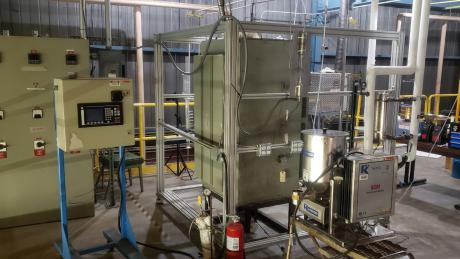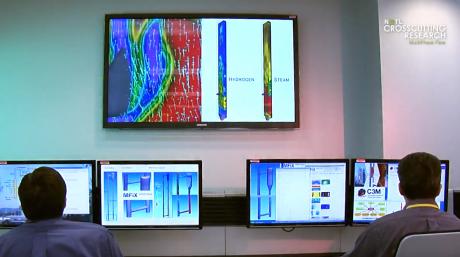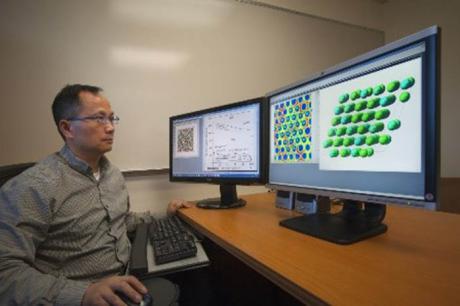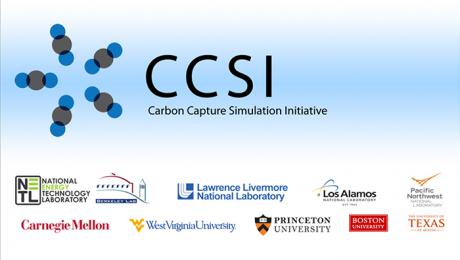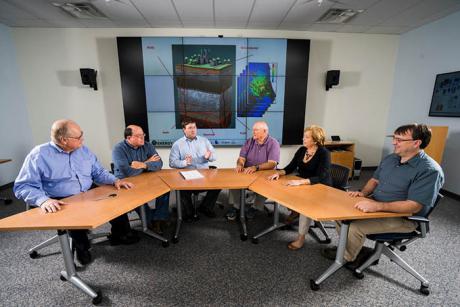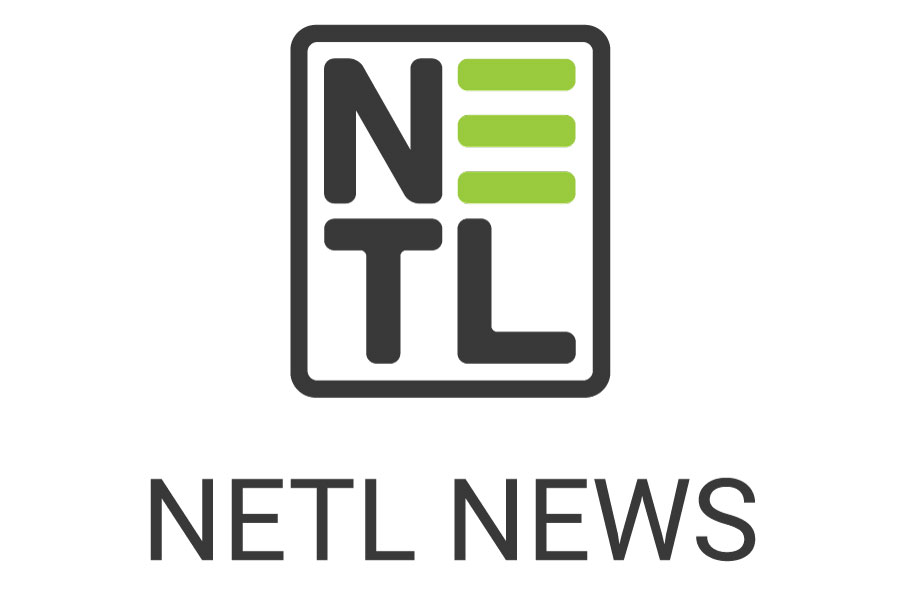NETL’s world-renowned computer modeling capabilities are front and center in a pivotal collaboration with West Virginia University (WVU). Computational modeling is a critical tool in technology development, and the forward-looking efforts by the NETL-WVU research team are improving the accuracy of fossil-fuel energy systems models — work that will ultimately help provide the nation with cost-effective, sustainable and efficient clean energy.
NETL is bringing uncommon skills, equipment, analysis and communication tools to the work of a national laboratory consortia working to understand and improve how biomass feedstock integrates with combustion processes in biorefineries.
NETL is using powerful computational tools to identify advanced membrane materials that can cut carbon capture costs to less than $50 per metric ton, an achievement that will boost the viability of the nation’s coal-fired power fleet to meet America’s growing energy needs.
NETL, the nation’s only National Laboratory dedicated to fossil energy research, today launched a new website that highlights the Laboratory’s mission, research news, educational offerings, core competencies, business opportunities, and technologies available for commercialization.
The new website, https://netl.doe.gov/, offers access to the latest research information generated by the Laboratory on oil, coal, natural gas and other energy topics as well as posts about NETL’s work by news organizations from around the nation.
NETL researchers are continually finding innovative ways to improve the efficiencies of fossil energy based power generation, but the improvements generally come at a cost.
Advanced fossil energy technologies, such as ultra-supercritical steam plants and oxyfuel combustion boilers, have the potential to increase efficiency and bolster clean coal efforts, since they operate at higher temperatures and pressures. However, this leads to harsher and more corrosive conditions compared to traditional power plants in use today.
The Carbon Capture Simulation Initiative (CCSI), led by the Office of Fossil Energy’s (FE) National Energy Technology Laboratory (NETL), released the CCSI Toolset as open source software.
The CCSI Toolset is the nation’s only suite of computational tools and models designed to help maximize learning and reduce cost and risk during the scale-up process for carbon capture technologies. The toolset is critically important to perform much of the design and calculations, thus reducing the cost of both pilot projects and commercial facilities.
The U.S. Department of Energy’s (DOE) Office of Fossil Energy has announced up to $2.75 million in federal funding for cost-shared research and development (R&D) projects. Future amounts are subject to congressional appropriations.
The National Risk Assessment Partnership (NRAP) Toolset has been selected as a finalist for a prestigious R&D 100 Award. NRAP is an NETL-led multi-lab partnership that also includes Lawrence Berkeley National Lab, Lawrence Livermore National Lab, Los Alamos National Lab, and Pacific Northwest National Lab. The Toolset is a software package that includes 10 science-based computational tools that predict environmental risk performance of geologic carbon dioxide (CO2) storage sites.
Today, U.S. Secretary of Energy Rick Perry (DOE) announced a new high-performance computing (HPC) initiative that will help U.S. industry accelerate the development of new or improved materials for use in severe environments.




